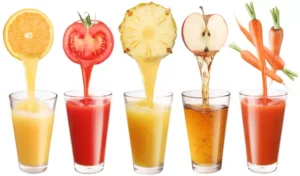
The common causes of marijuana addiction are genetic, environmental, and psychological factors. Behavioral therapies can help people develop skills to avoid and overcome triggers, such as stress, that might lead to drinking. Medications also can deter drinking during times when individuals may be at greater risk of relapse (e.g., divorce, death of a family member). Accreditation is a sign that health care facilities, including addiction treatment programs, have passed a thorough, independent review of their program’s procedures, records, staff, and facilities.
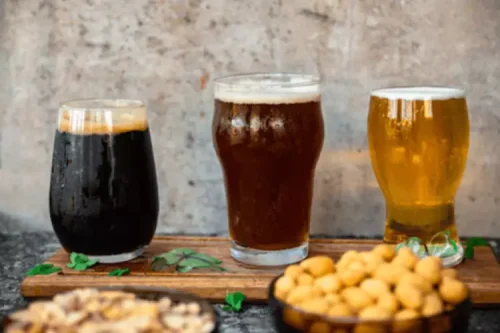
Edinburgh Christmas Market ‘most stunning in the UK’, study finds
According to Sewell RA et al.’s 2009 study titled “The Effect of Cannabis Compared With Alcohol on Driving,” published in the American Journal of Addiction, nearly 88,000 alcohol-related overdose deaths occur annually in the U.S.. In contrast, marijuana has an extremely low risk of fatal overdose, requiring an impractically high amount to reach lethal levels. Self-assessment tools are various standardized questionnaires designed to help individuals assess their cannabis use and related problems. A good example is the Cannabis Abuse Screening Test (CAST) which is a 6-item self-report measure designed to identify individuals at risk for cannabis use disorder. Other popular tools include the Severity of Dependence Scale (SDS), the Cannabis Use Disorders Identification Test-Revised (CUDIT-R), and the Marijuana Problem Checklist. This study shows that MUD creates a divide between partners and causes tension within the relationship.
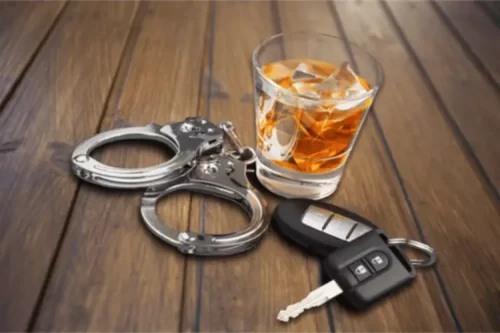
Levy on gambling companies to raise £100m to help tackle addiction
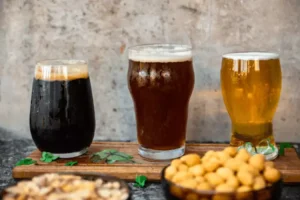
However, it remains classified as a Schedule I substance at the federal Hope House Boston Review level, indicating a high potential for abuse and no accepted medical use. Globally, cannabis laws differ widely, with some countries imposing strict prohibitions while others have legalized its use. The mechanism behind marijuana addiction involves both pharmacokinetic and pharmacodynamic changes in the body.
“Isn’t taking medications just trading one addiction for another?”
- The NIAAA Alcohol Treatment Navigator® is grounded in the findings from these years of scientific research.
- You may wish to ask someone you trust to help you through the process and for support along the way.
- Scientists are working to develop a larger menu of pharmaceutical treatments that could be tailored to individual needs.
- Explore Mayo Clinic studies testing new treatments, interventions and tests as a means to prevent, detect, treat or manage this condition.
- When seeking professional help, it is important that you feel respected and understood and that you trust the person, group, or organization to help you.
Remember that your loved one is ultimately responsible for managing their own illness. You may be able to better compare your options by assessing whether and how the program or provider measures success. Overall, gather as much information as you can about a program or provider before making a decision on treatment. If you know someone who has firsthand knowledge of a program, it may help to ask about their personal experience. Professionally led treatments include behavioral treatments and medications.
How Can I Cope With Marijuana Addiction?
In these cases, see above to find telehealth options for professional care. And encourage your patients or clients to use the Navigator to choose quality care that’s backed by science. After the initial treatment phase, many individuals benefit from sober living environments or outpatient programs that provide continued support and accountability as they transition back into daily life. Overall, the success of marijuana rehab hinges on personalized treatment plans that address both the psychological and social aspects of addiction. The recovery rate for marijuana addiction, specifically cannabis use disorder (CUD), varies significantly based on several factors, including treatment methods and individual circumstances. These withdrawal symptoms often complicate recovery efforts and highlight the need for effective treatment strategies such as cognitive-behavioral therapy.
The figure includes children whose parents died from an opioid overdose as well as children removed from their homes because of their parents’ opioid use. Most research on mutual help groups has been on AA and similar 12-step groups. Both the anonymous and voluntary nature of participation in these groups makes it difficult to conduct randomized controlled trials (the gold standard of scientific research) to directly study their effectiveness.
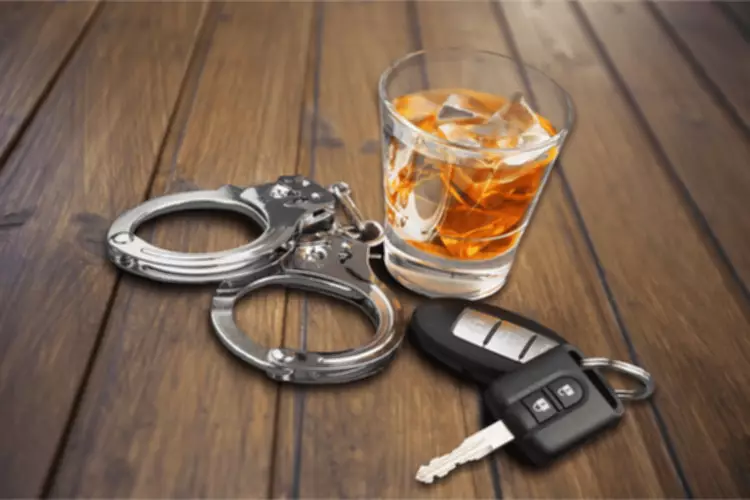
We usually experience setbacks along the way, learn from them, and then keep going. You will want to understand what will be asked of you in order to decide what treatment best suits your needs. Ultimately, there is no one-size-fits-all solution, and what may work for one person may not be a good fit for someone else.

